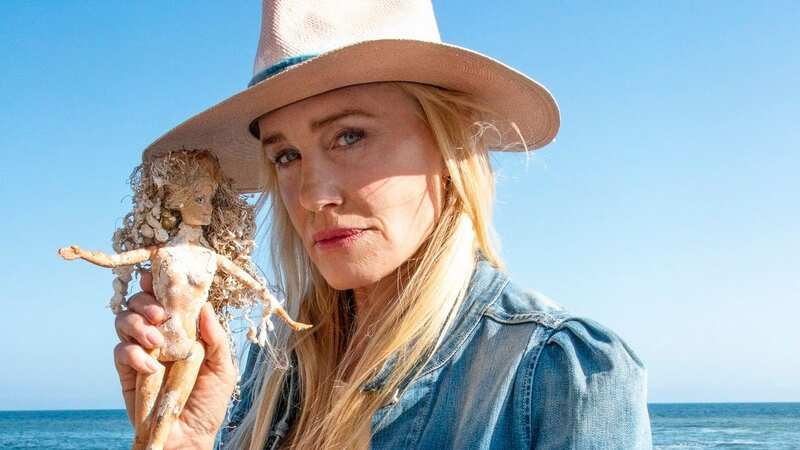'Elaborate Barbie stunt sheds light on urgent need to make toys less plastic'

Barbiemania has turned the world fuchsia pink this summer as fans flock to cinemas around the world.
But life in plastic has not been so fantastic for toymaker Mattel which was the target of an elaborate hoax to draw attention to its environmental footprint. An official-looking press release claimed the US Barbies firm had decided to go plastic-free by 2030, saying its previous plan to shift to 100% recycled plastic by then would have negligible impact on overall pollution.
It was accompanied by a convincing counterfeit website at Mattel-corporate.com, which also hailed the launch of a new line of ‘ecowarrior’ Barbies – made from mushroom mycelium, a fungus-based alternative to plastic which decomposes at the end of its life.
Hollywood star and environmental activist Daryl Hannah, 62, was quoted as saying: “Barbie has changed in many ways since I was a girl, but under the surface, she’s still toxic. Now, when she’s done being used, instead of persisting forever as a poison, Barbie will be able to return to the Earth, just like all living things. I am thrilled to be a part of this exciting journey.”
The release also added that the new range would be expanded to honour more than 2,500 global environmental activists who have died or been killed protecting nature in the last decade. Later an organisation calling itself the Barbie Liberation Organisation claimed credit for the prank, noting it was designed to put pressure on Mattel “to stop destroying the planet with plastic Barbies”.
 Argos shoppers rush to buy Hy-Pro Football Table that's slashed to half price
Argos shoppers rush to buy Hy-Pro Football Table that's slashed to half price
Nobody wants to take away children’s enjoyment of playing but change needs to happen. Toys are the most plastic-intensive consumer goods in the world, according to the UN. Worse, very few toys are recycled. This is often because they simply can’t be as they’re made of a complex mixture of plastics, metals and electronics. So when children get bored with them, many end up in landfill.
Instead of throwing them away we should donate old plastic toys, buy secondhand and look for those made from ocean plastics to ensure future kids have a liveable planet.
Read more similar news:
Comments:
comments powered by Disqus

































